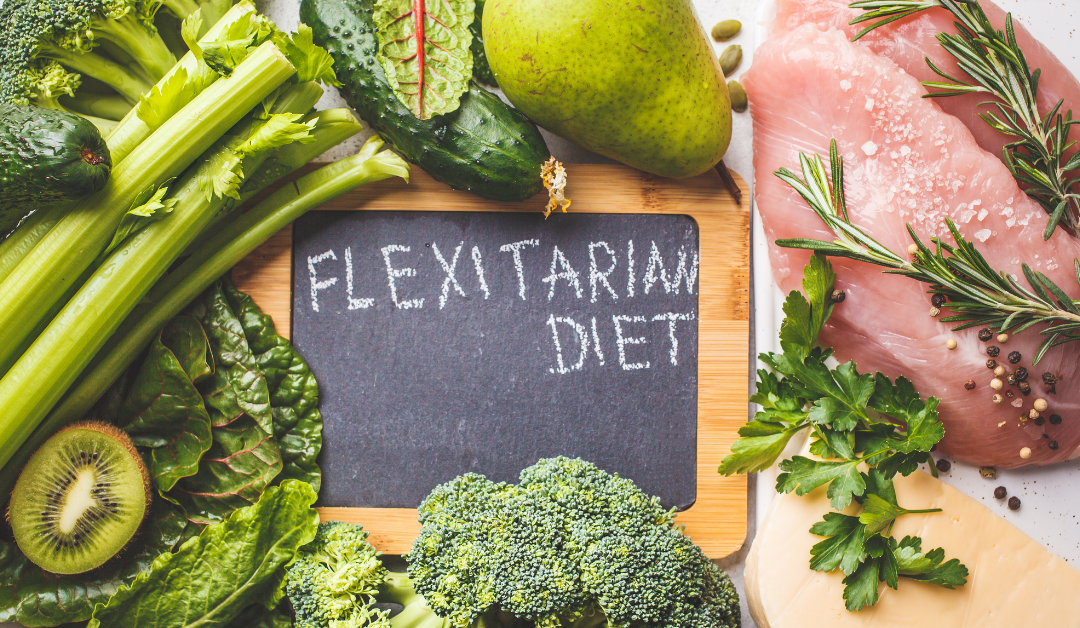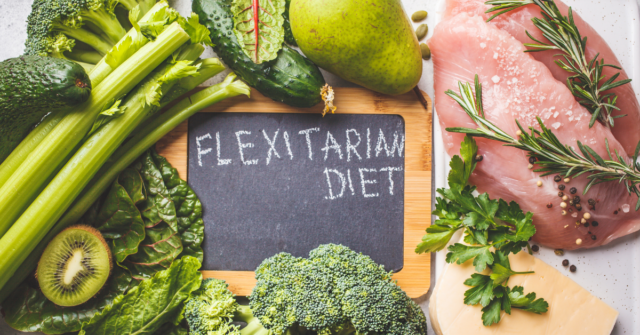Blog Categories
- Clients (1)
- Competitions (1)
- Fitness training (5)
- Food (5)
- Health & Fitness (14)
- Healthy Recipes (15)
- Indoor Rowing (15)
- Latest News (2)
- Products (1)
- Weight loss (1)
Archives
- June 2025 (4)
- April 2025 (1)
- February 2025 (1)
- November 2024 (14)
- October 2024 (1)
- August 2024 (1)
- May 2024 (1)
- March 2024 (1)
- February 2024 (1)
- November 2023 (2)
- October 2023 (3)
- September 2023 (1)
- July 2023 (2)
- June 2023 (1)
- May 2023 (2)
- April 2023 (2)
- March 2023 (2)
- February 2023 (1)
- January 2023 (2)
- December 2022 (3)
- November 2022 (1)
- July 2022 (1)
- May 2022 (2)
- April 2022 (1)
- March 2022 (2)


